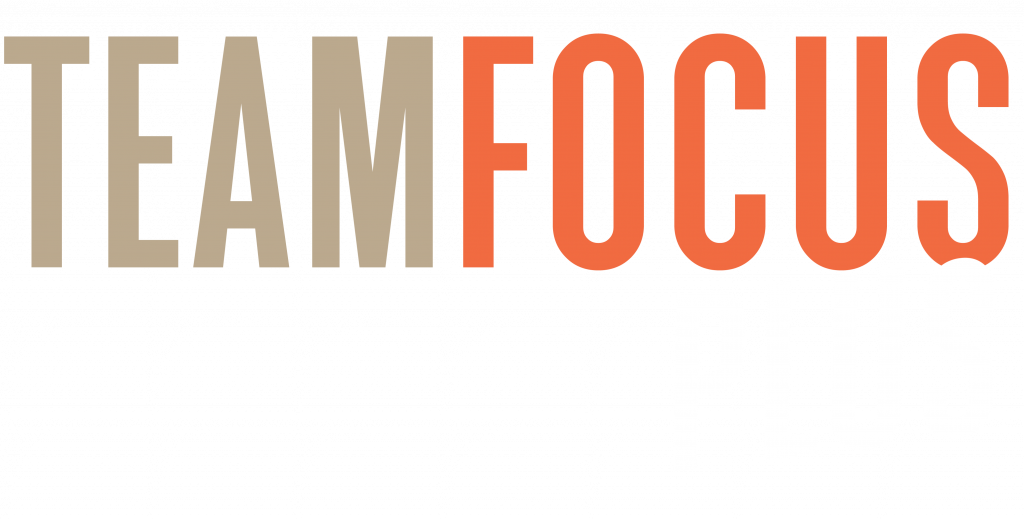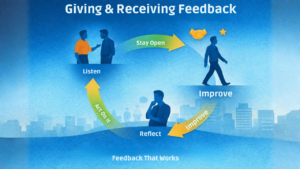If you’re struggling to meet deadlines, feeling overworked, or trying to reduce stress at work, it might be time to take a closer look at how you’re managing your time. While urgent tasks and packed calendars are part of professional life, they don’t have to overwhelm you. With the right time and productivity strategies, you can improve how you work—and how you feel.
Time management isn’t just about getting more done. It’s about managing your focus, protecting your energy, and making intentional choices that improve both performance and wellbeing. By prioritising tasks, using structured scheduling, and adopting time habits for performance, you can manage time better, reduce work stress, and achieve a sustainable work-life balance.
Here’s how effective time management can help you take back control:
1. Meet Deadlines Effectively
Struggling to stay on track? One of the most direct benefits of time management is the ability to meet deadlines effectively. Using scheduling tools and setting priorities helps you structure your day around what matters most, giving you clear timeframes to complete work without rushing or procrastinating.
By assigning specific time blocks to key tasks, you’ll stay focused and reduce the stress of last-minute scrambles.
2. Get More Done in Less Time
Time management creates a smoother, more efficient workflow. Instead of wasting energy deciding what to do next—or switching between tasks—you’ll know exactly where to focus. This kind of time efficiency helps you accomplish more with less effort.
Better structure means fewer distractions, less wasted effort, and more meaningful results—essential for professional productivity in today’s fast-paced environments.
3. Create Space for Reflection and Agility
When your schedule is well-managed, you leave room to step back and adjust when needed. Whether it’s a last-minute request or a need to pivot strategy, strong time habits create flexibility. A buffer in your schedule allows you to rethink, reprioritise, and stay responsive—without falling behind.
This ability to adapt, rather than react, is a core skill in effective leadership and team productivity.
4. Make Faster, Smarter Decisions
Indecision can be a productivity killer. Spending too long on small choices delays action on bigger goals. Time management skills help you structure your decision-making process with purpose—starting with priority, time allocation, and option clarity.
With a clear plan, you’ll reduce decision fatigue, stay focused, and act with confidence.
5. Protect Your Wellbeing and Prevent Burnout
Without boundaries, work can eat into your evenings and weekends—leaving you drained and disconnected. When you manage your time well, you protect space for rest, relationships, and recovery.
Healthy work habits help you prevent burnout at work by ensuring you’re not just meeting targets, but doing so sustainably. With better balance, you return to work more energised, more creative, and more effective.
Invest in Your Time. Invest in Your Success.
Managing time better isn’t about doing more—it’s about doing what matters, better. Whether you’re a team leader or an individual contributor, workplace time skills are critical for professional success, performance, and personal wellbeing.
At Team Focus Plus, we help professionals across Australia adopt time and productivity strategies that deliver real results. From one-on-one coaching to team programs, our approach blends coaching for success with practical tools to improve your daily flow.
Ready to transform how you work?
Contact Team Focus Plus today and start building habits that support sustainable performance and work-life balance. Call 1300 551 274
or email team@teamfocusplus.com





